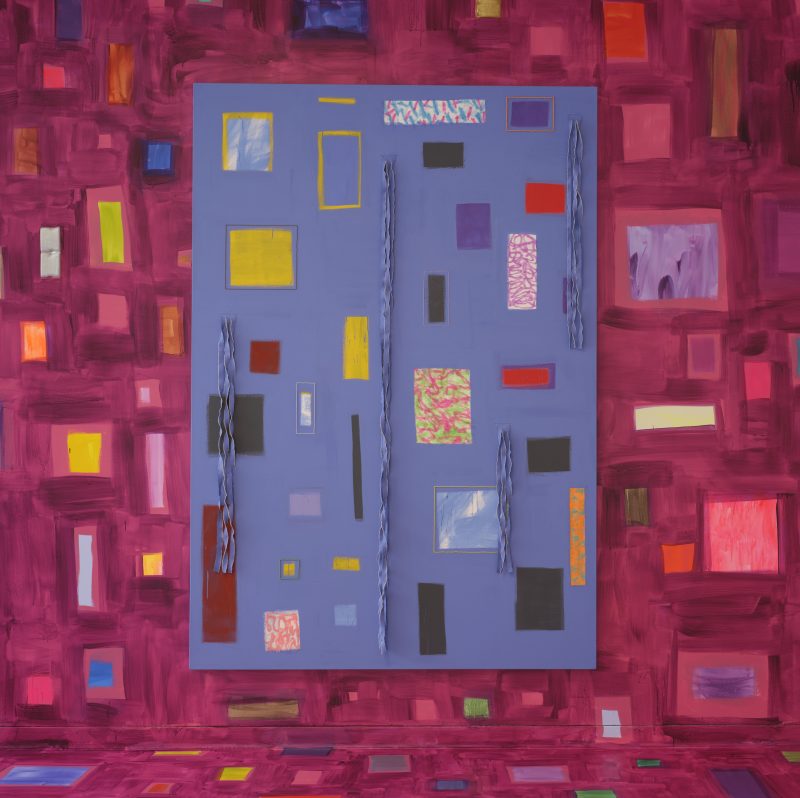Art&: A Conversation with Sarah Cain
Join us for a virtual program featuring the artist Sarah Cain in conversation with Beth Finch, the curator of hand in hand, Cain’s current exhibition in the William D. Adams Gallery. They will discuss how Cain realized this extraordinary painting installation, her inspirations for it, and the interplay between her studio practice and site-responsive projects. A Q&A will follow.
This will be a virtual program, using Zoom. Please register here to receive the link to join. A recording will be available on the museum’s YouTube channel at a later date.
The Art & series brings together visiting artists, scholars, museum staff, and community experts for conversations about exhibitions, collections, and projects at the Colby College Museum of Art and its Lunder Institute for American Art. A mix of in-person, virtual, and hybrid programs, this series is designed for those interested in learning more about art and engaging with the key issues of our time.
About Sarah Cain
Born in 1979, Sarah Cain grew up in upstate New York and has lived and worked in California since the late 1990s (she is currently based in Los Angeles). She received a bachelor of fine arts from the San Francisco Art Institute, a master of fine arts from the University of California at Berkeley, and attended the Skowhegan School of Painting and Sculpture. Cain’s works are in major museum collections; her commissions include Walk Right Up to the Sun, a major work in stained glass for the San Francisco International Airport, and My favorite season is the fall of the patriarchy, a site-responsive installation for the National Gallery’s East Building Atrium. Cain has had solo exhibitions at the Museum of Contemporary Art, San Diego; the Contemporary Art Museum, Raleigh, North Carolina; the Institute of Contemporary Art, Los Angeles; the Momentary at Crystal Bridges, Bentonville, Arkansas; and the Tang Teaching Museum at Skidmore College, Saratoga Springs, New York.
